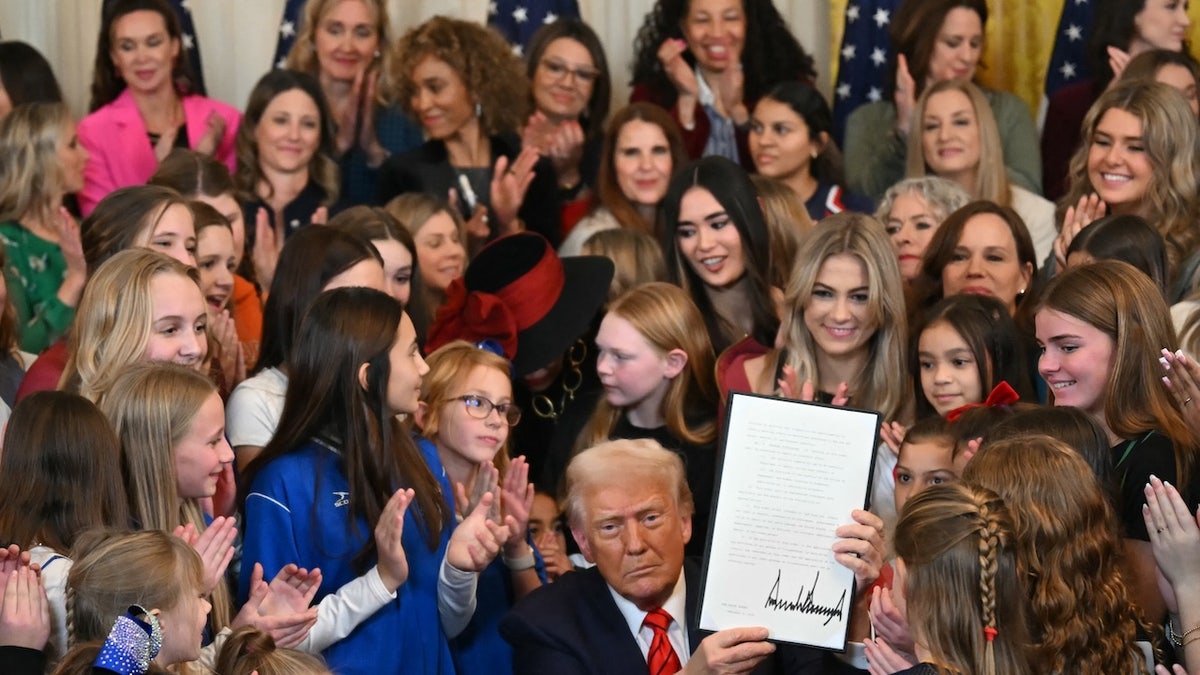California has declared its intention to disregard President Trump's executive order barring transgender athletes from female sports, sparking a heated debate. The California Interscholastic Federation (CIF) affirmed its commitment to upholding state law, which permits student athletes to participate in sports aligning with their gender identity, regardless of official records. This stance has drawn strong criticism from organizations like the California Family Council and the Center for American Liberty, who argue that it jeopardizes the safety and fairness of women's sports.
The CIF's decision contrasts with the NCAA's recent policy change, which aligns with Trump's order by prohibiting biological males from competing in women's sports. However, high school athletics remain subject to state regulations, leaving California girls potentially vulnerable. The state's AB 1266 law, enacted in 2014, grants students the right to participate in activities consistent with their gender identity. This has led to several disputes, including a lawsuit involving Martin Luther King High School in Riverside, where parents protested a transgender athlete's inclusion on the girls' cross-country team. Other instances include Stone Ridge Christian High School forfeiting a match against a team with a transgender player and a transgender athlete facing harassment during a game.
California Assembly member Kate Sanchez has introduced the Protect Girls’ Sports Act, aiming to prohibit transgender athletes from competing in girls' sports. Sanchez argues that the current situation creates an uneven playing field and poses risks to female athletes. This bill mirrors legislation already in place in 25 other states, highlighting the ongoing national debate surrounding transgender participation in sports.

President Donald Trump signs the No Men in Women's Sports Executive Order into law.


Comments(0)
Top Comments